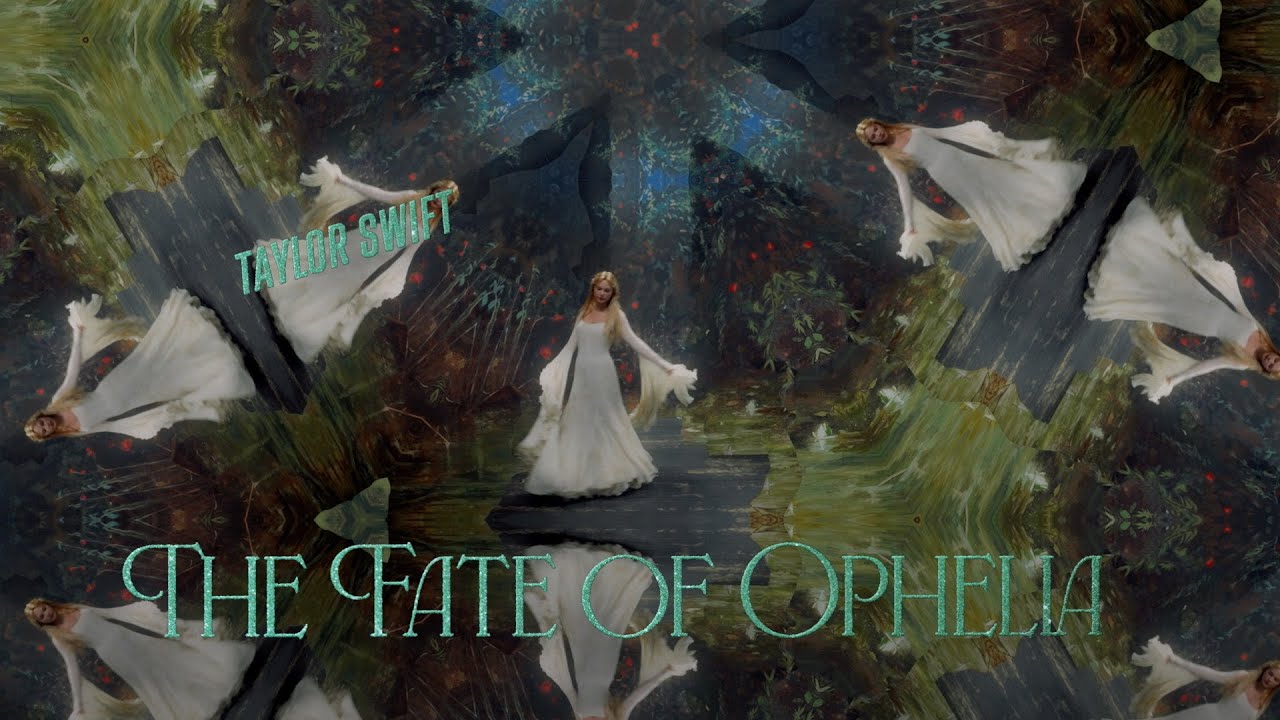The Fate of Ophelia: Tragedy and Its Cultural Significance

Introduction
The fate of Ophelia, a character from William Shakespeare’s timeless play, ‘Hamlet’, has captured the imagination of audiences for centuries. Ophelia’s tragic journey is more than a mere storyline; it delves into themes of madness, societal expectations, and the struggles of women in a patriarchal society. Understanding her fate provides insights into broader issues of mental health and gender roles that resonate even in today’s context.
Ophelia’s Fate in ‘Hamlet’
In ‘Hamlet’, Ophelia’s fate is marked by loss, manipulation, and ultimately, tragedy. After the death of her father, Polonius, at the hands of Hamlet, Ophelia descends into madness. Shakespeare poignantly portrays her breakdown with haunting imagery and poetic language, illustrating her struggle against overwhelming grief and isolation. Her symbolic drowning is multifaceted—representing not only her physical demise but also the suffocating pressure of societal expectations.
The Cultural Impact of Ophelia
The character of Ophelia has inspired countless interpretations in art, literature, and psychology. From Pre-Raphaelite paintings that romanticize her tragic beauty to modern adaptations that seek to give her more agency, Ophelia’s image evolves while remaining a poignant symbol of female suffering and resilience. Scholars have explored her character through various lenses, including feminist theory, positioning her not merely as a victim but as a reflection of women’s struggles in both her time and our own.
Recent Discussions and Adaptations
In recent years, the fate of Ophelia has sparked renewed interest in the context of mental health discussions. With the rise of movements advocating for mental health awareness, Ophelia’s descent into madness is viewed through a critical lens that emphasises the necessity of support and understanding for individuals facing emotional crises. Adaptations of ‘Hamlet’, including novel retellings and films, often reinterpret Ophelia’s role, giving her depth and advocating for her narrative as one of empowerment and agency rather than mere tragedy.
Conclusion
The fate of Ophelia remains an integral topic in literary studies and discussions surrounding gender and mental health. Her tragic story highlights the conflicts between personal desires and societal constraints. As society continues to evolve, the resonance of Ophelia’s experiences serves as a reminder of the importance of empathy and understanding towards those grappling with their mental health. The ongoing exploration of her character will undoubtedly spark conversations that bridge historical literature with contemporary issues, ensuring that Ophelia’s legacy endures in both educational realms and popular culture.
You may also like

The Importance of Nations in Modern Society

Understanding National Events and Their Significance
